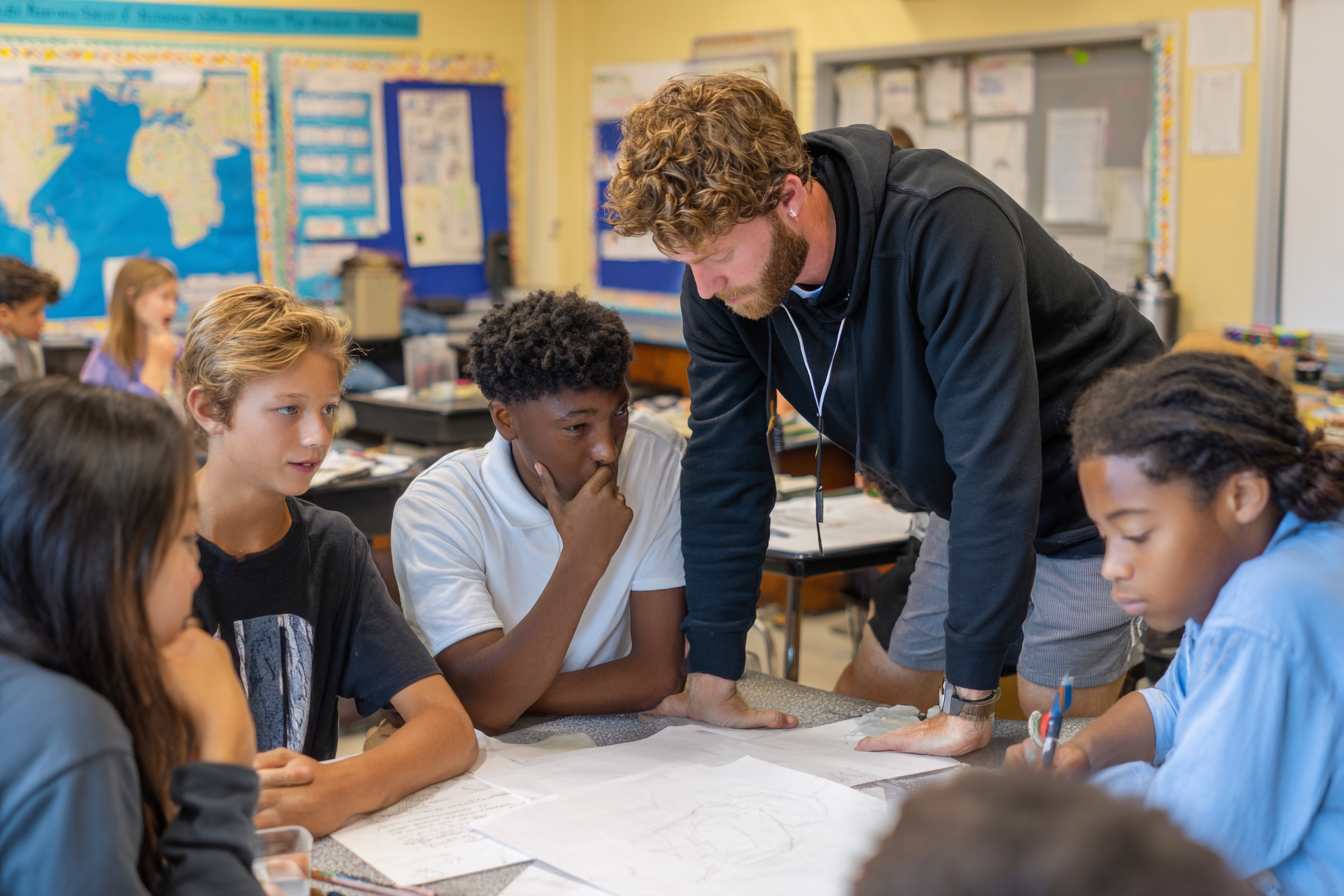Unit Plan 30 (Grade 7 Social Studies): Indigenous Civilizations of the Americas
Explore how geography shaped Aztec, Maya, and Inca civilizations—their governments, economies, and cultures—and analyze how each adapted, allied, or resisted during European contact through diverse historical sources.

Focus: Study Aztec (Mexica), Maya, and Inca societies—their environments, governance, economies, and responses to European contact (alliances, resistance, adaptation).
Grade Level: 7
Subject Area: Social Studies (World History • Geography • Civics • Inquiry)
Total Unit Duration: 5 sessions (one week), 50–60 minutes per session
I. Introduction
Students investigate how environment shaped Indigenous civilizations across Mesoamerica and the Andes, then analyze first-contact narratives to understand diverse perspectives and turning points. They evaluate sources (codices, chronicles, archaeology) to explain continuity and change after European arrival.
Essential Questions
- How did landforms, climate, and resources shape Aztec, Maya, and Inca societies before 1500?
- Why do accounts of encounter and conquest differ across observers and communities?
- Which turning points most changed life for Indigenous peoples—and what persisted?
II. Objectives and Standards
Learning Objectives — Students will be able to:
- Describe social, political, economic, and religious features of Aztec, Maya, and Inca civilizations using place-specific evidence (Hist.3).
- Explain how geography (valleys, highlands, rainforest, Andes) influenced agriculture, settlement, and state power (Geo.3).
- Identify and explain turning points (alliances, epidemics, siege of Tenochtitlan, capture of Atahualpa) and elements of continuity (language, farming, local governance) (Hist.4).
- Evaluate sources (codices, stelae, Indigenous and Spanish chronicles, maps) for reliability, bias, and perspective; corroborate claims (Inq.3).
- Produce a sourced comparison that connects environment → institutions → contact-era responses for one civilization.
Standards Alignment — 7th Grade (C3-based custom)
- 7.C3.Hist.3 — Diverse perspectives/experiences across societies.
- 7.C3.Hist.4 — Turning points/big ideas and legacies.
- 7.C3.Geo.3 — Landforms/climate/resources shape development.
- 7.C3.Inq.3 — Evaluate reliability, bias, perspective; corroborate.
Success Criteria — Student Language
- I can show on a map how geography shaped farming, roads, and cities for Aztec, Maya, or Inca.
- I can name a turning point and explain what changed and what continued, with evidence.
- I can compare two sources about the same event and explain whose perspective and bias each shows.
